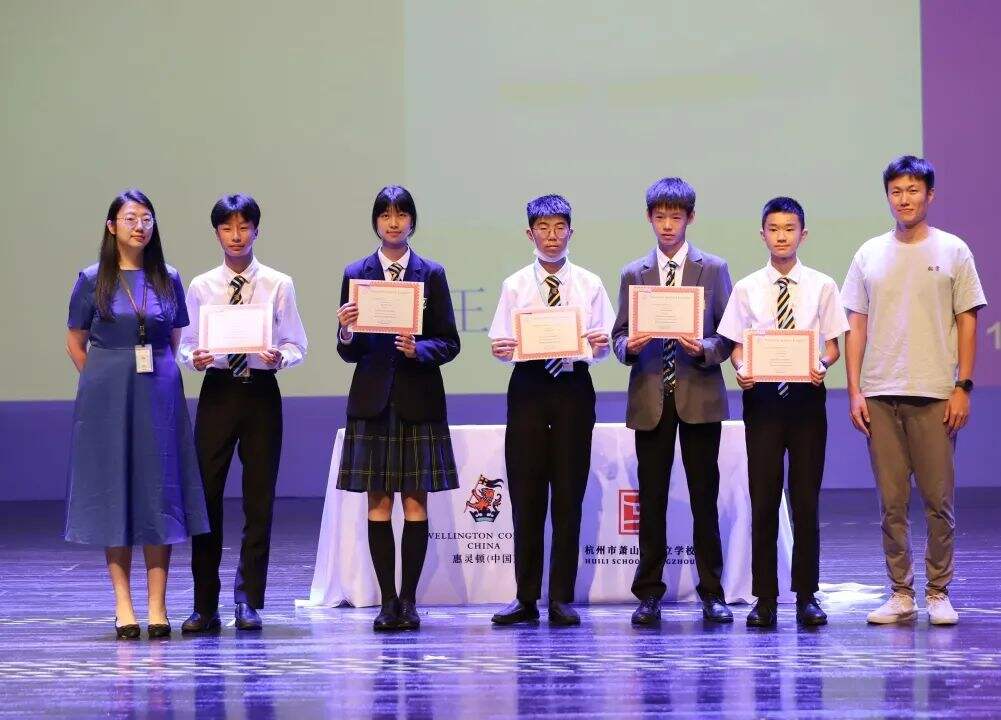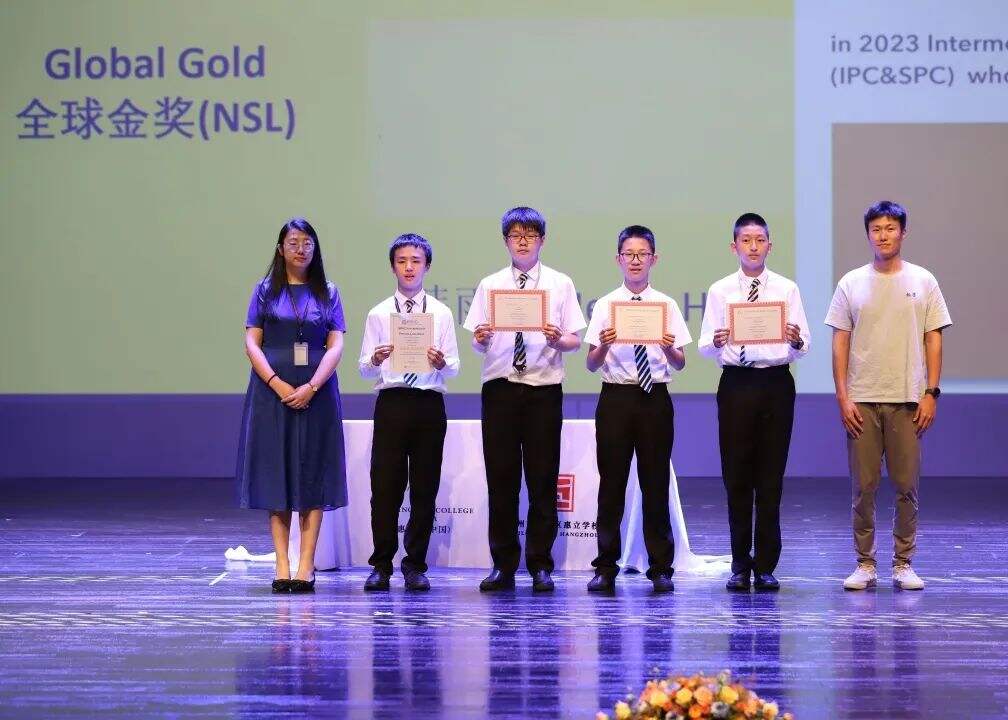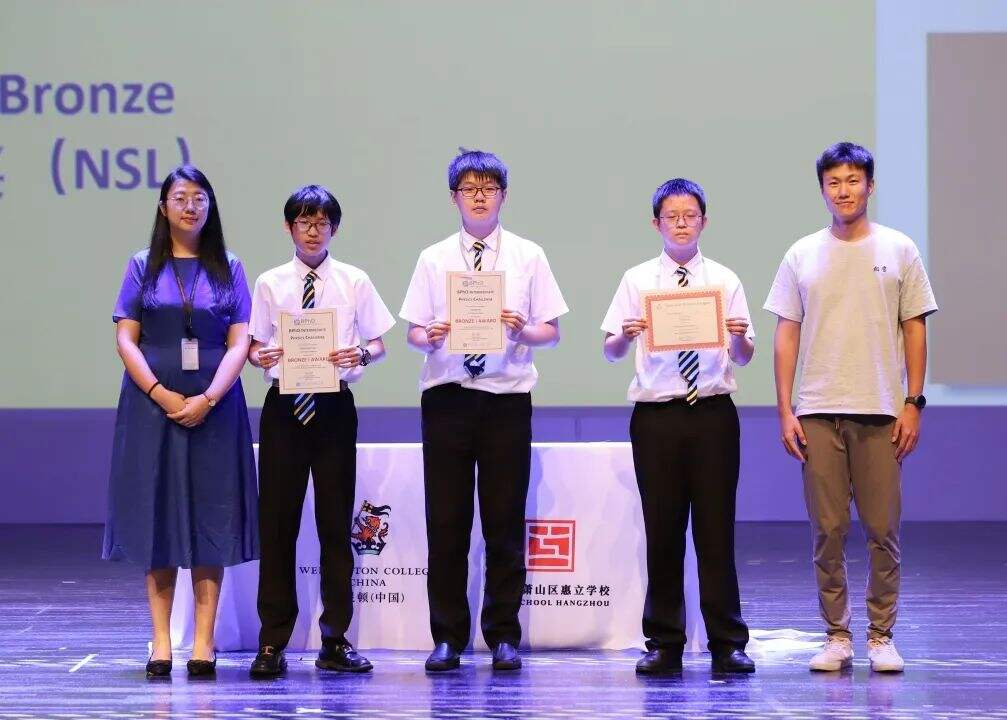
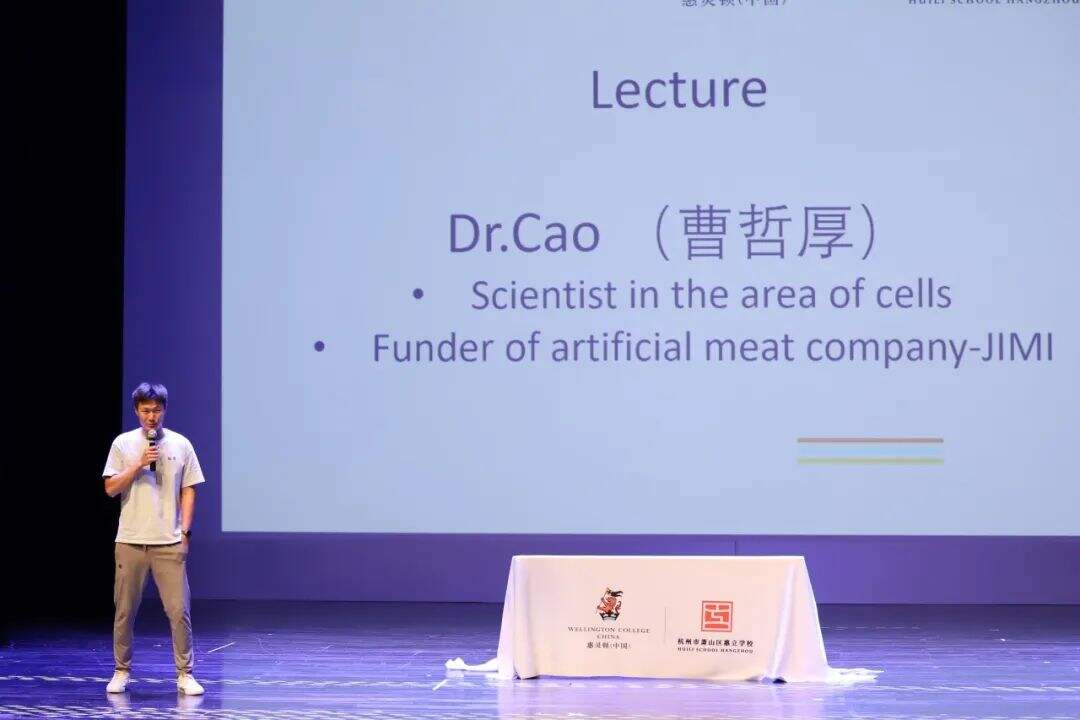
Wellington College Hangzhou
Last semester, we invited Mr. Cao Zhehou, founder of Jimi Biotechnology Co., to Wellington College Hangzhou to deliver a science and technology workshop for our pupils.
According to the Food and Agriculture Organization of the United Nations, animal husbandry accounts for more than one-sixth of total human greenhouse gas emissions. This means that the emerging technology for cultured meat production is of vital importance in the low-carbon and green development of animal husbandry, and it also contributes to the goal of reaching carbon neutrality and the emission peak in China. Jimi, a well-known enterprise located in Hangzhou, Zhejiang Province, has committed to propelling humanity towards a future with slaughter-free animal protein production. Jimi has already made breakthroughs in cultured meat technology by successfully developing China's first 100% cell-based meat without the use of any plant scaffolding. Then, what exactly is cultured meat? What are the scientific principles included in its production process? In June, Mr. Cao Zhehou, the founder of Jimi, was invited to Wellington College Hangzhou to give a presentation to Hiba and Wellington pupils and teachers. Read on and join us on this journey of science.
Daisy Yu
Science Teacher
Mr. Cao started his presentation with the story of his learning journey, his academic life abroad, and how he was inspired by science.
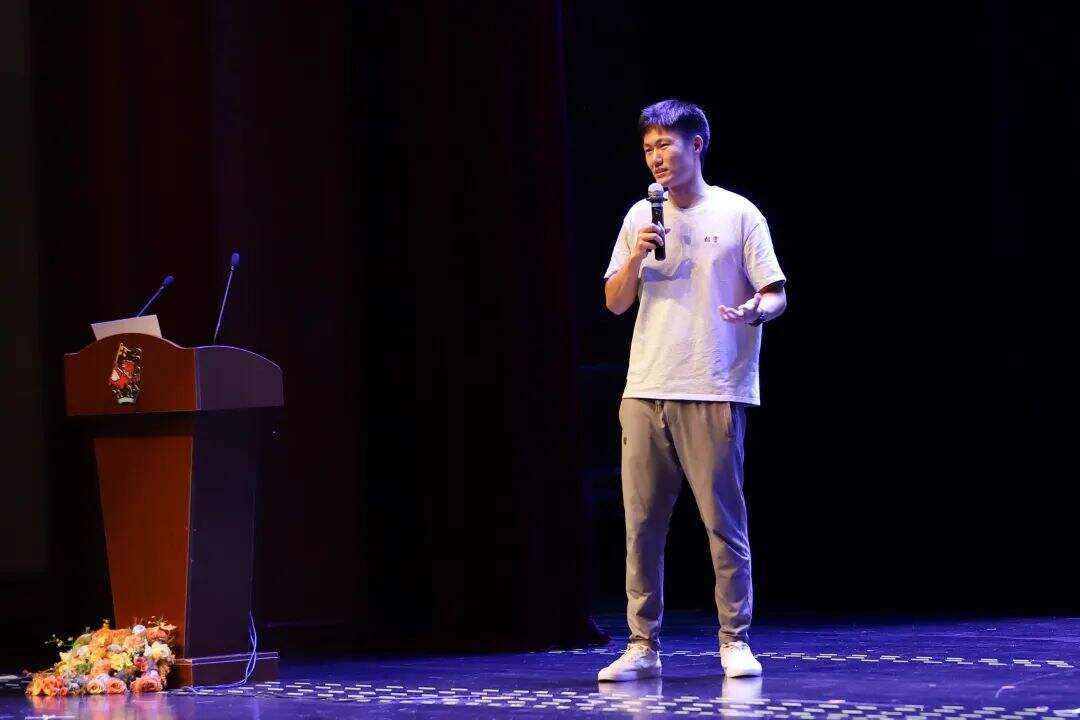
Mr. Cao Zhehou, our esteemed guest, graduated from King's College London with a Bachelor's and Master's degree in Engineering. He further pursued his academic journey at the University of Edinburgh, where he studied his Ph.D. in Cell Biology.
The National Business Daily states that the goal of cultured meat is to produce something with high-quality protein, rich nutrition, excellent flavour, and a texture and appearance resembling animal-based meat. This aims to meet consumer demands for plant-based food options while gaining an experience akin to consuming animal-origin products.
National Business Daily

